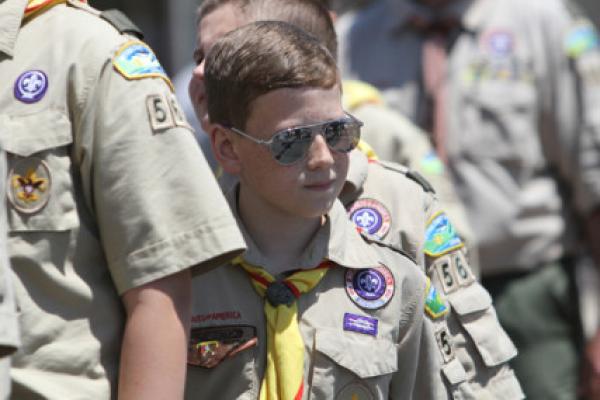The decision by the Boy Scouts of America to accept openly gay Scouts has raised the question: Are atheists and other nonbelievers — the only remaining group BSA still bans — next?
No one is holding their breath, least of all Neil Polzin, an Eagle Scout who was fired from his job in 2009 as an aquatics director at a Boy Scout camp in San Diego after he admitted to being an atheist.
“I don’t see that happening, at least not in the immediate future,” Polzin said. “The focus has always been on the Scouts’ discrimination against gays and it seems atheists were always on a back burner or not discussed at all.”
But that doesn’t mean nonbelievers — atheists, humanists, and other nontheists — have abandoned their quest for inclusion. In the wake of the BSA’s May 23 vote that led to the inclusion of gay Scouts — but not gay scoutmasters — every major organization of nonbelievers has issued a statement condemning their continued exclusion.
A BSA official declined to comment, but issued a statement that said, in part, that since the organization had “just completed a lengthy review process, there are no plans for further review on this matter.”
The problem for atheists lies in an oath in which scouts promise to “do my duty to God and my country.” Some nonbelievers have suggested their sons change the word “God” to “good,” but the BSA has remained firm. Some atheist children have been asked to leave after years in Scouting when it was revealed that they did not believe in God.
Read the Full Article

